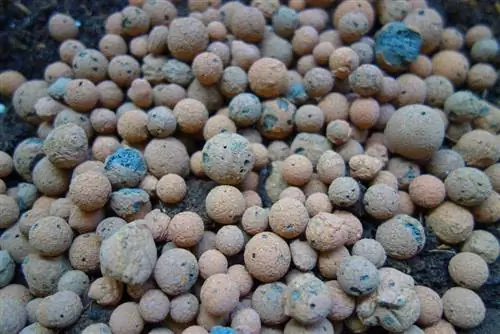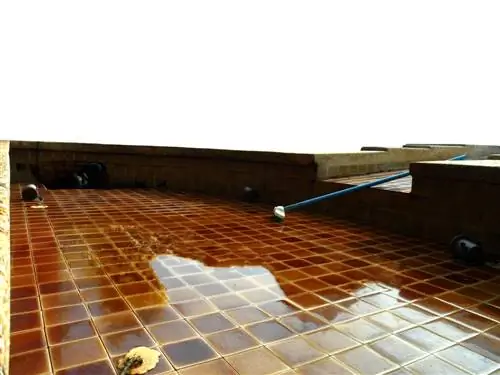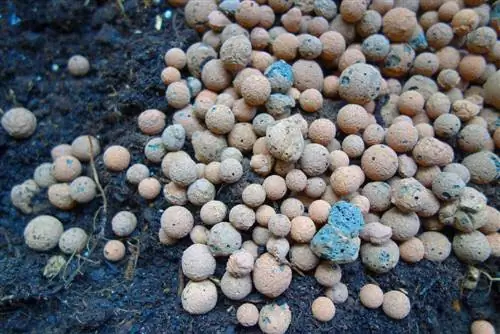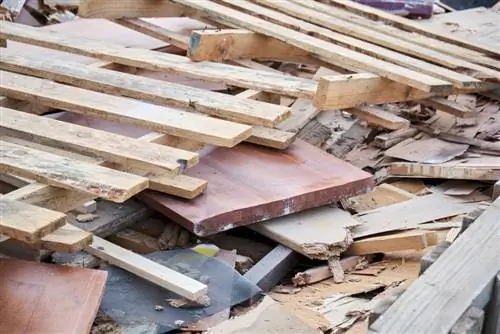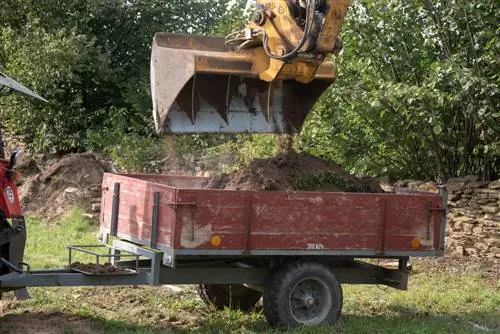- Author admin leonars@hobbygardeners.com.
- Public 2023-12-16 16:46.
- Last modified 2025-01-23 11:22.
Although the popular clay balls provide an important service in the cultivation of houseplants, sooner or later the question of disposal arises. If there are no alternative uses, the granules can be disposed of in various ways.
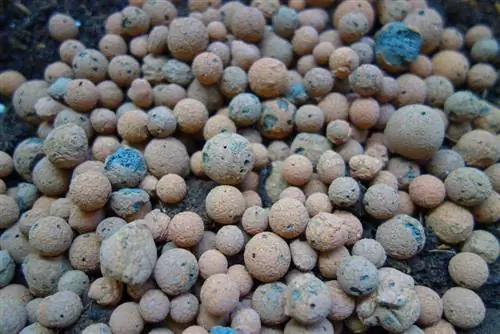
How do you dispose of Seramis correctly?
Seramis can be disposed of in small quantities in residual waste, as an addition to garden soil or as mineral building rubble. Disposal with organic waste is not recommended as the granules can damage mechanical shredders.
Semaris in waste management
Seramis is a clay granulate and does not contain any toxic ingredients as a basic substrate. It is a natural substance that is not water-soluble, poses no danger to groundwater and is not decomposed by microorganisms. The European Waste Catalog categorizes waste based on its origin:
- Household and municipal waste
- Park and garden waste including materials from cemeteries
- other non-biodegradable waste
- Gardening waste
You can dispose of small amounts of clay balls like expanded clay and put them in the residual waste bin. The beads do not rot in the compost. However, later in the garden and raised beds they ensure that the soil has a loose structure and stores more water. Heavy clay soils are improved by this addition. The granulate does not belong in the organic waste bin as it damages the chopper blades during subsequent processing.
Other disposal options
Normally, the substrate in the house and garden does not accumulate in large quantities that require disposal in the landfill. If you have no other option for disposal, you can ask the recycling center in your region. The service providers usually accept the material free of charge in small quantities of a maximum of 100 liters.
Construction rubble
Since Seramis, unlike expanded clay, is not used for insulation purposes, the material is not exposed to daylight during building renovations. However, you can dispose of the Seramis beads as building rubble because they count as mineral waste. They must be free of other additives.
Bricks and bricks
Some waste disposal companies group man-made stones made from clay minerals into the bricks and bricks category. The prerequisite for disposal via this route is that the materials are free of adhesions and glazes. They must be pure and must not contain any residues of harmful substances. Clay is completely reused and is used as a filler and admixture in construction. It is also added to humus and potting soil to increase water storage capacity.

